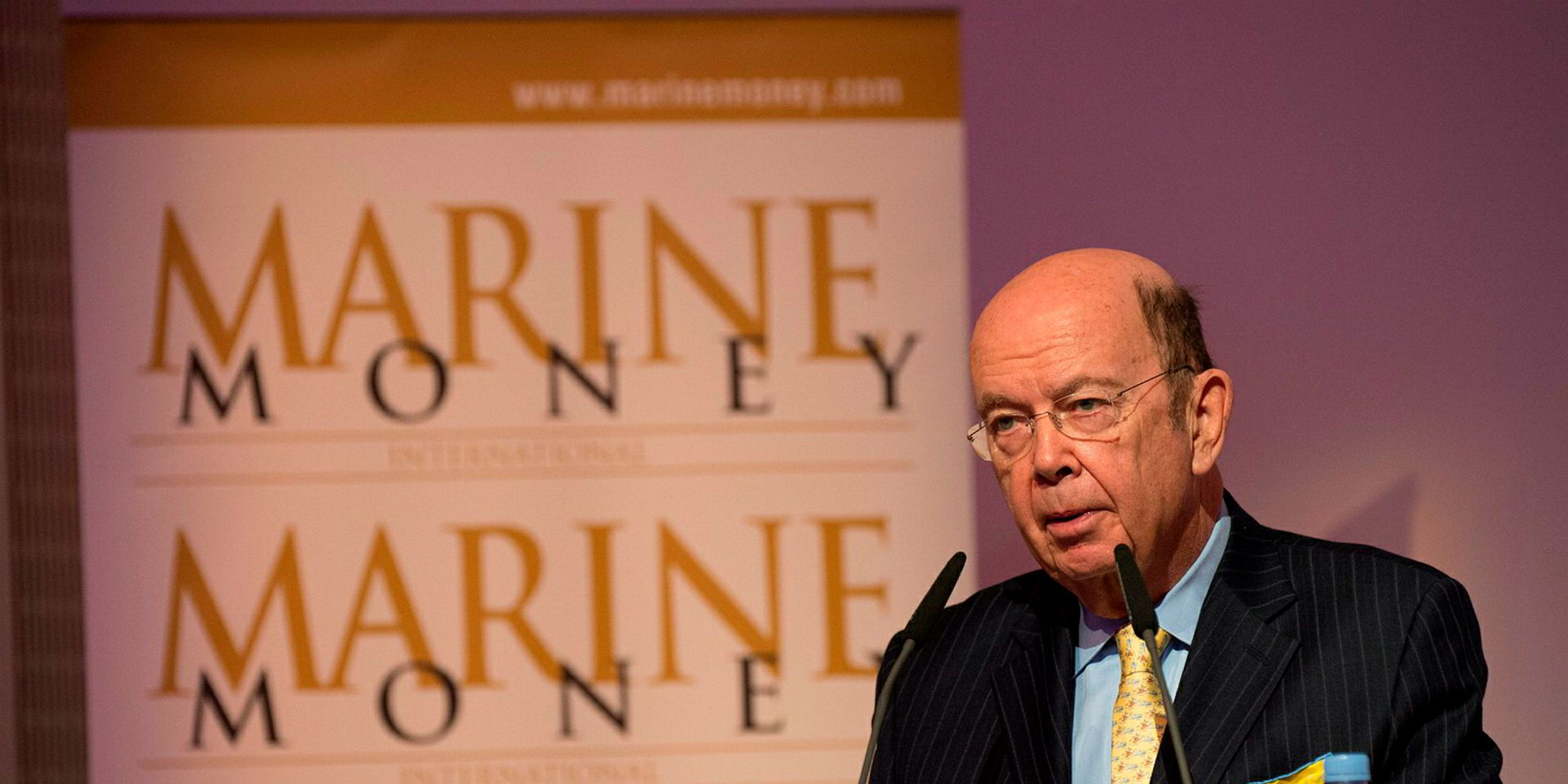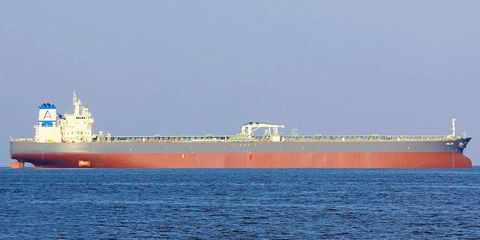Donald Trump’s commerce secretary Wilbur Ross has moved to distance himself from links to Russian energy company Sibur and its sanctioned shareholders following a flurry of global press coverage this weekend.
Leading global publications were awash with headlines connecting Ross to Vladimir Putin’s son in law and other Sibur investors who are under some form of US sanction.
The link comes via shipping company Navigator Holdings (NVGS), in which Ross is a major shareholder, and energy company Sibur, which contributed almost 10% of the shipowner’s revenue in 2016.
Putin’s son in law, who holds a 3.9% stake in Sibur, is not subject to US sanctions, but his father Nikolai is, according to the BBC.
Two more Sibur shareholders have been more directly targeted by the US administration.
They are Gennady Timchenko, who is individually sanctioned by the US, and Leonid Mikhelson, whose main company, Novatek, is sanctioned. Timchenko is a friend and judo partner of the Russian premier, according to the Wall Street Journal.
Ross responds
In an interview with broadcaster CNBC on Monday, Ross branded claims from some publications he had failed to properly disclose his ties with Navigator 'totally wrong'.
"It was disclosed on the form 278, which is the financial disclosure form, in my case, three times," Ross said in the interview.
He also said there was nothing improper about Navigator's dealings with Sibur.
"A company not under sanction is just like any other company, period," Ross said.
"It was a normal commercial relationship and one that I had nothing to do with the creation of, and do not know the shareholders who were apparently sanctioned at some later point in time," Ross told CNBC.
And Ross told Bloomberg TV he will “probably not” maintain his stake in Navigator.
“I’ve been actually selling it anyway, but that isn’t because of this," he added.
Webber weighs in
Analyst Michael Webber of Wells Fargo said it was "never a secret that WL Ross & Co continued to own NVGS, under the premise that Secretary Ross would be restricted from involvement or management of his remaining investments."
"Russian trading houses and energy companies are major players in the market. It would have been more surprising to us if NVGS didn't have any exposure to one of the largest gas exporters in the world," he added.
The analyst said the pertinent issue seemed to be where the appropriate threshold for disclosure was with regards to four of its Navigator's ice-class semi-refrigerated vessels on five to 10-year charters in northern Europe.
"We don't know where the line was for Ross's personal disclosures (that's well outside of our fairway); NVGS's exposure to Sibur was actually a focal point in their presentations, appearing prominently in their investor decks," he added.
Webber thinks the stock will trade down a little, and that the furore can't help the odds of an ethylene export facility with EPD, via their joint venture.
"Embroiled in Trump/Russia narrative isn't a helpful look for NVGS, and that facility is a much less meaningful project for EPD," he added.
But he concluded: "We believe there's a solid fundamental story behind NVGS - and we think more colour is needed before truly assessing the intermediate-to-long-term impact on NVGS."
Sanction supporter
In a statement, the Department of Commerce stressed Ross’s support for the US sanctions against Russia.
"Secretary Ross recuses himself from any matters focused on transoceanic shipping vessels," a spokesperson told the BBC Panorama programme.
The spokesperson also noted that Ross "works closely with Commerce Department ethics officials to ensure the highest ethical standards".
WL Ross & Co, the investment company Ross founded, has been a shareholder in Navigator since 2011.
The billionaire was on the board of the shipowner for a period, but not when the charter deal with Sibur was signed in 2012, the BBC reports.
However, he did hold a seat on the board when in 2014 the US introduced sanctions against Russians over the annexation of Crimea, the state broadcaster says.





